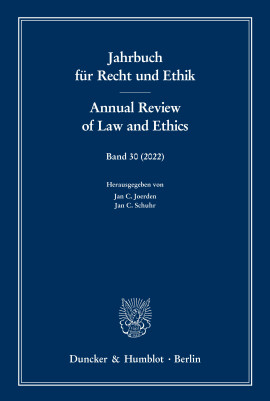
In this issue

Vorwort
Jahrbuch Recht und Ethik, Vol. 30 (2022), Iss. 1 : p. 5 | First published online: January 10, 2023
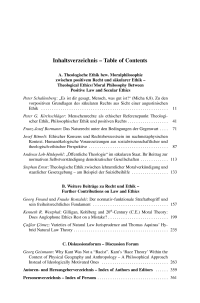
Inhaltsverzeichnis – Table of Contents
Jahrbuch Recht und Ethik, Vol. 30 (2022), Iss. 1 : pp. 7–8 | First published online: January 10, 2023
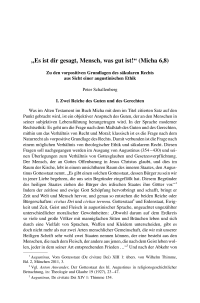
„Es ist dir gesagt, Mensch, was gut ist!“ (Micha 6,8)
Zu den vorpositiven Grundlagen des säkularen Rechts aus Sicht einer augustinischen EthikJahrbuch Recht und Ethik, Vol. 30 (2022), Iss. 1 : pp. 11–40 | First published online: January 10, 2023
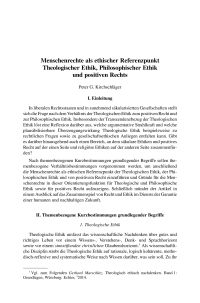
Menschenrechte als ethischer Referenzpunkt Theologischer Ethik, Philosophischer Ethik und positiven Rechts
Jahrbuch Recht und Ethik, Vol. 30 (2022), Iss. 1 : pp. 41–70 | First published online: January 10, 2023
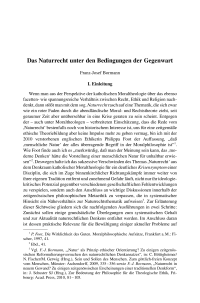
Das Naturrecht unter den Bedingungen der Gegenwart
Jahrbuch Recht und Ethik, Vol. 30 (2022), Iss. 1 : pp. 71–86 | First published online: January 10, 2023

Ethischer Konsens und Rechtsbewusstsein im nachmetaphysischen Kontext
Humanökologische Voraussetzungen aus sozialwissenschaftlicher und theologisch-ethischer PerspektiveJahrbuch Recht und Ethik, Vol. 30 (2022), Iss. 1 : pp. 87–112 | First published online: January 10, 2023
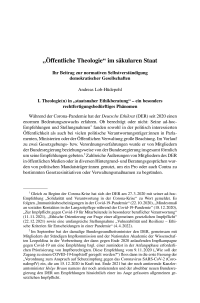
„Öffentliche Theologie“ im säkularen Staat
Ihr Beitrag zur normativen Selbstverständigung demokratischer GesellschaftenJahrbuch Recht und Ethik, Vol. 30 (2022), Iss. 1 : pp. 113–132 | First published online: January 10, 2023
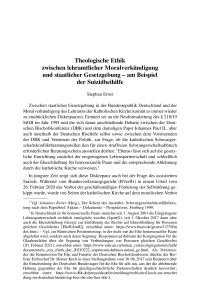
Theologische Ethik zwischen lehramtlicher Moralverkündigung und staatlicher Gesetzgebung – am Beispiel der Suizidbeihilfe
Jahrbuch Recht und Ethik, Vol. 30 (2022), Iss. 1 : pp. 133–154 | First published online: January 10, 2023

Der normativ-funktionale Straftatbegriff und sein freiheitsrechtliches Fundament
Jahrbuch Recht und Ethik, Vol. 30 (2022), Iss. 1 : pp. 157–198 | First published online: January 10, 2023
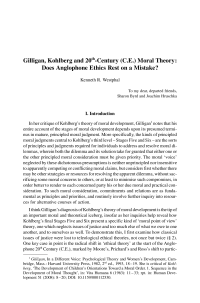
Gilligan, Kohlberg and 20th-Century (C.E.) Moral Theory: Does Anglophone Ethics Rest on a Mistake?
Jahrbuch Recht und Ethik, Vol. 30 (2022), Iss. 1 : pp. 199–234 | First published online: January 10, 2023
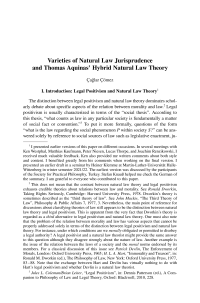
Varieties of Natural Law Jurisprudence and Thomas Aquinas’ Hybrid Natural Law Theory
Jahrbuch Recht und Ethik, Vol. 30 (2022), Iss. 1 : pp. 235–259 | First published online: January 10, 2023
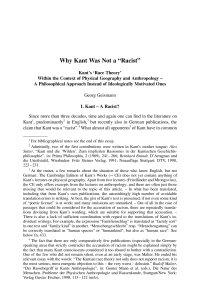
Why Kant Was Not a “Racist”
Kant’s ‘Race Theory’ Within the Context of Physical Geography and Anthropology – A Philosophical Approach Instead of Ideologically Motivated OnesJahrbuch Recht und Ethik, Vol. 30 (2022), Iss. 1 : pp. 263–357 | First published online: January 10, 2023
